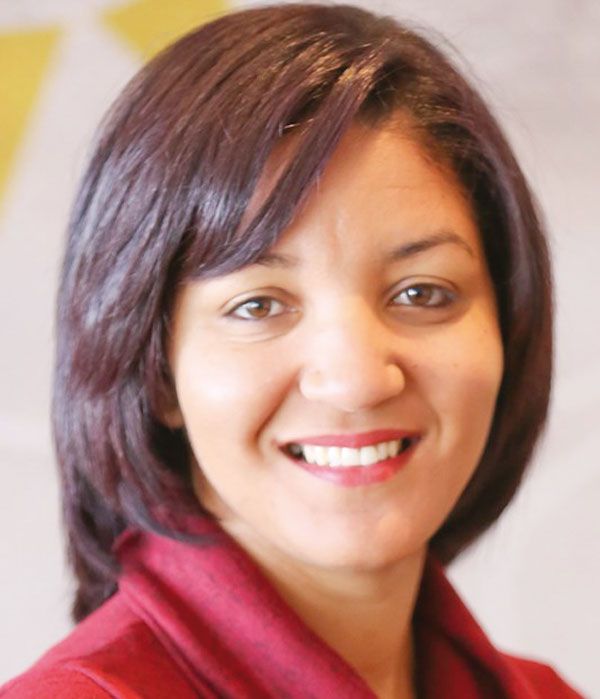
Micro-enterprise revival in Katutura

Team Namibia announced this week that it will train 25 micro and small entrepreneurs with promising business ideas from both the informal and existing business sectors in Katutura, over the next two years.
Projects are funded by entities such as the Embassy of Finland to develop the SME sector and the next generation of business leaders. The Embassy of Finland is allocating N$1.9 million to help equip SMEs for integration into the national and international economies.
A key goal of this is to encourage socially and environmentally responsible entrepreneurial activities which contribute to poverty eradication. Practical sessions will focus on assisting SMEs to identify competitive and viable business opportunities, with an emphasis on mobilizing local funding and operational business management.
“Team Namibia’s mandate of increasing the consumption of local products and services can not be achieved if we do not invest in the quality output of our SMEs through enhancing our country’s capacity,” said Chief Executive Officer of Team Namibia, Roberta da Costa.
A major concern in Katutura, is the number of talented people living in poverty, unable to utilize their potential due to lack of advice and opportunities. Team Namibia aims to help address this issue with the financial assistance from the Embassy of Finland.
The extremely high unemployment especially in rural areas, has resulted in increased rural urban migration and [lead to] huge informal settlements, particularly in Windhoek, da Costa said adding that entrepreneurial and technical talents exist in many of Katutura’s informal settlements but that living in poverty and the lack of knowledge on financing, administration and product innovation, hinders would-be entrepreneurs from running profitable businesses.
The Team Namibia training will cover basic business principles, regulatory requirements of a business, procurement procedures, production management, personnel management, marketing and financial management.
Da Costa described the intervention as an all-inclusive campaign to encourage existing and future entrepreneurs to apply for the scheme. Application forms will be ready for collection as from 02 January 2017. Once the project has successfully been piloted in Windhoek by 2018, it will be implemented in other areas in need.













































